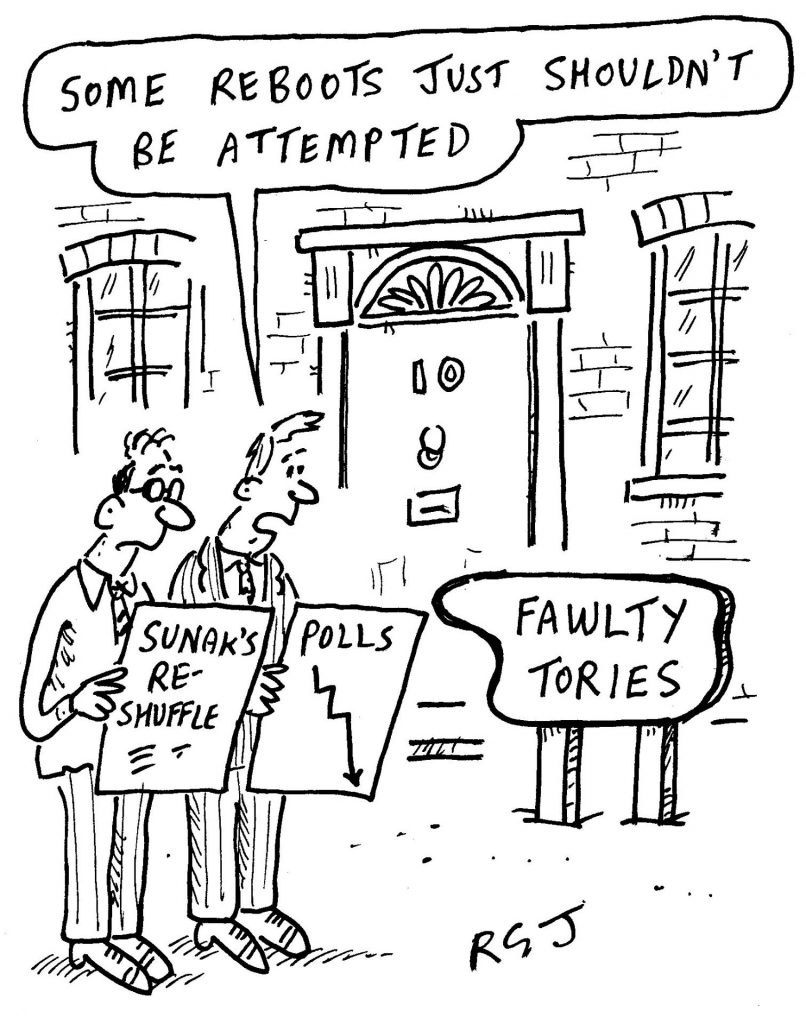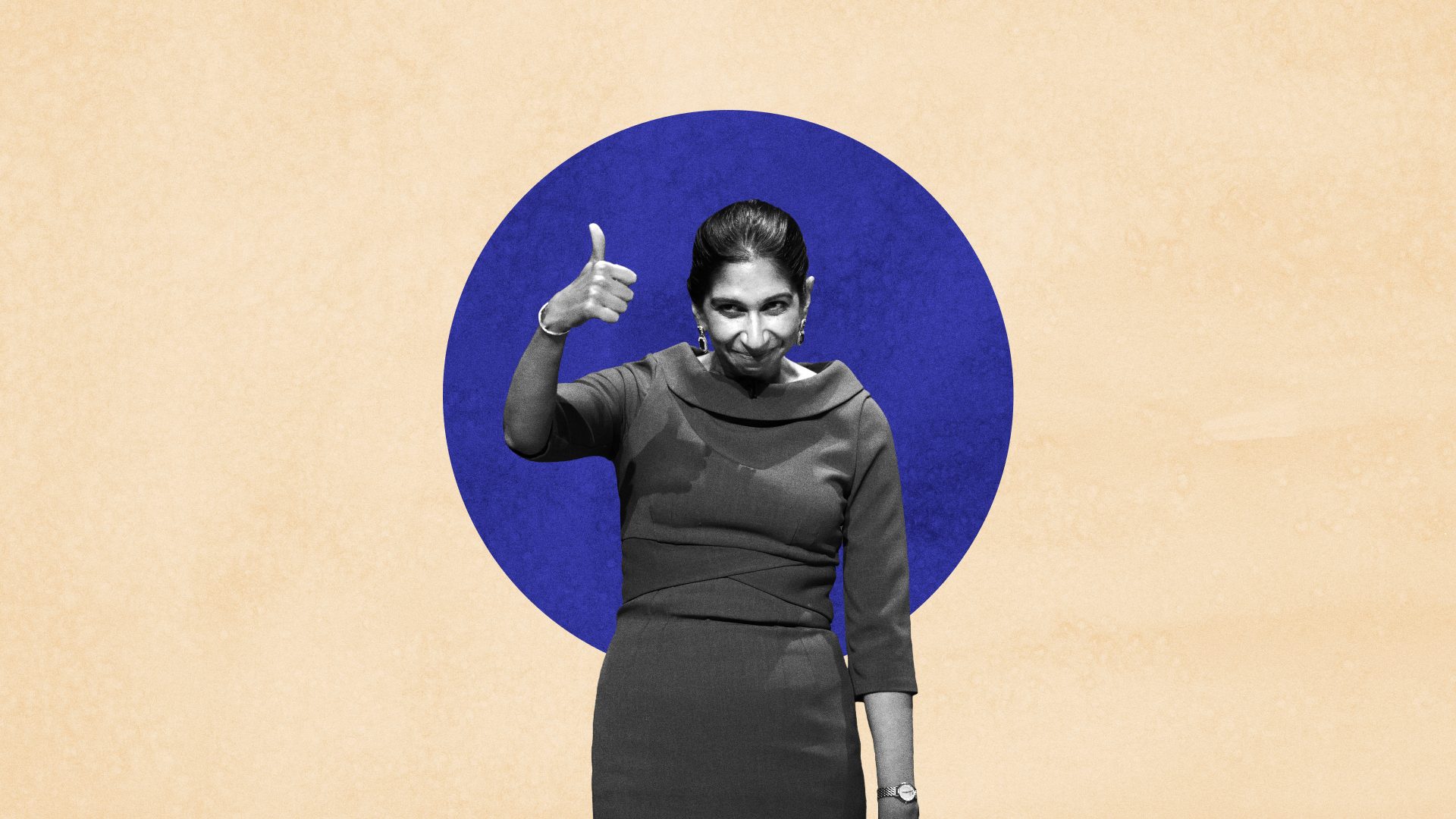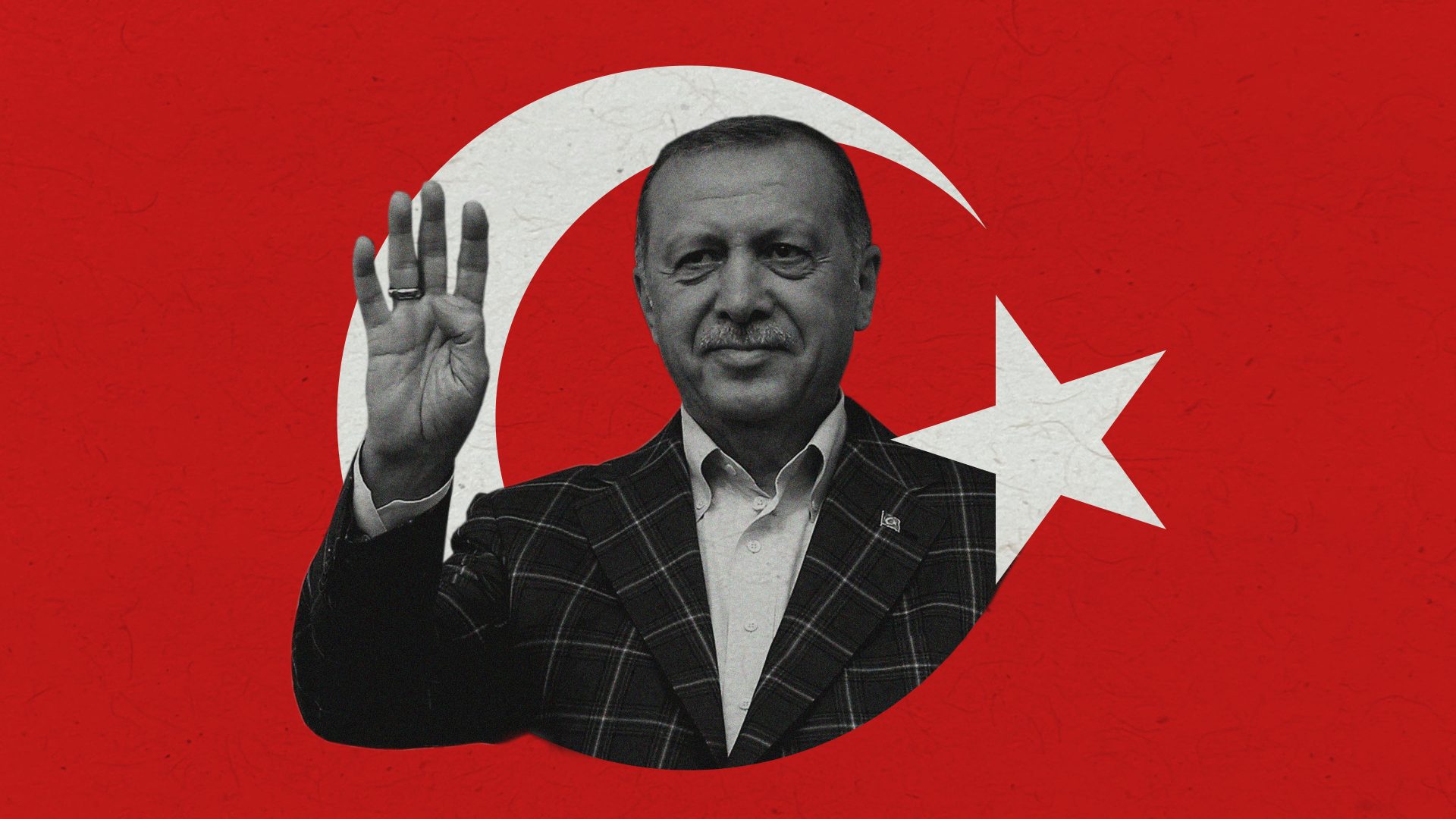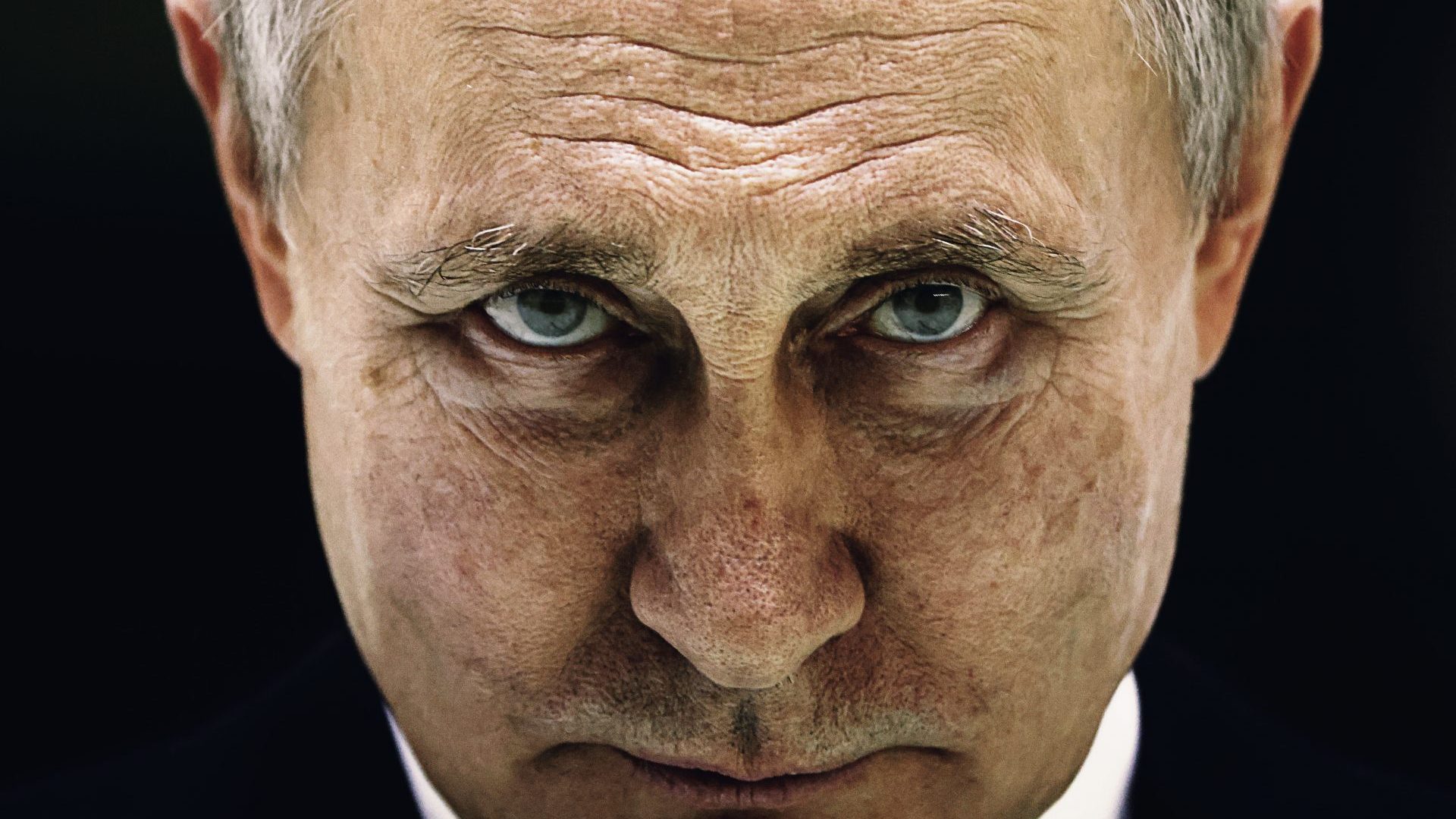On the day William Shawcross published a review of the Prevent counter-terrorism strategy that came up with the conclusions the home secretary, Suella Braverman, wanted it to, I happened to meet an Old Bailey judge at a social event.
The Old Bailey focuses mainly on murder, rape and terrorism, and of the terrorism cases, the judge told me the majority that came before the court these days involved people on the far right of British politics. A minority involved Islamist terrorist cases.
This, however, does not fit the narrative to which the most right wing government in UK history wishes to devote its populist, polarising, post-truth energies. So with what joyful, Sun op-ed writing glee did Braverman greet the Shawcross conclusion that Prevent was focusing too much on the far right and insufficiently on Islamists. “Political correctness”, chirruped Braverman, right wing headline writers and TV talkers, was getting in the way of actually fighting terrorism.
A few days later, a far-right protest turned violent outside a hotel housing refugees in Knowsley, Merseyside, held there as the government’s creaking asylum processing systems failed to deliver on the promise to take back control of our borders, and deal speedily with those who arrived here hoping for refuge. Local Labour MP George Howarth and the shadow home secretary, Yvette Cooper, were quick to comment, supporting the police, condemning any violence against refugees, and appealing for calm.
The home secretary, not normally shy, remained silent overnight and well into the next day. One wonders whether, had the boot been on the other foot, that would have been the case. Eventually we got a tweet dripping with a Trumpian “there are good people on both sides” mindset, her condemnation caveated with “the alleged behaviour of some asylum seekers is never an excuse for violence and intimidation”.
Shawcross was an, ahem, interesting choice to lead the review. An Old Etonian with an Oxford degree (they really do get everywhere). A journalist rather than a policy expert. The Queen Mother’s authorised biographer. A vocal critic of Islamist voices in European politics, who once warned of a “fifth column” of Muslims wishing to destroy us in the name of “Islamic fascism”. An establishment figure moving effortlessly from one establishment position to the next. Once the chair of the charity commission, now the commissioner for public appointments, due to be the investigator of BBC chairman Richard Sharp’s connections with Boris Johnson – until it emerged he was a friend of Sharp’s and had to recuse himself. Whose daughter Eleanor has worked for George Osborne and Johnson and is now Rishi Sunak’s head of policy. All very neat. All very cosy. All very Tory Britain.
It should surprise nobody at all that his report concluded as it did. As to whether it addresses, let alone resolves, the reality of terrorist extremism playing out across the country and in our courts, so far as Braverman and the government are concerned, I suspect that was not really the point.

The Japanese are famed for their politeness. This reputation was beautifully cemented at the World Cup in Qatar where their fans, after singing non-stop during games, then turned to the task of tidying up litter and taking it to bins outside.
Last week came evidence of politeness in a diplomatic context closer to home, at the Japanese embassy’s reception in London to mark the Emperor’s birthday. This is a Japanese national holiday celebrated on whichever day the serving Emperor was born, currently February 23, the date of Naruhito’s birth in 1960.
Assembled guests were a little taken aback to discover that the guest of honour was none other than Liz Truss, and many a knowing eye-roll was shared among the assorted politicians, diplomats, business leaders and opinion formers present. The assumption among most was that Truss had been invited when she was PM, but the polite Japanese felt they had to continue with Plan A regardless, once she was ousted.
As with her recent Telegraph “non mea culpa” mini-tome, Truss showed limited room-reading skills. As she spoke, the feet-shuffling mood hovered between embarrassment and cringe-coated pain.
In addition to the inevitable warm words about Anglo-Japanese relations that are part and parcel of such events, she announced that she would be visiting Japan soon to look at their planning system. She clearly feels it could form the basis of reforms necessary to unleash the kind of economic and entrepreneurial greatness to which her premiership policies were dedicated, before those left wing bond market traders and Communist Tory MPs sunk her.
As to why we were treated to Truss’s 4,000-word piece in the first place, a friend in publishing has an intriguing theory. Just as Truss assumes that a resignation honours list goes with the territory of having been prime minister, no matter how briefly, so she assumed publishers would flock to offer big bucks to publish her memoirs. The interest, he told me, “varied between minimal and zero”.
This must be especially hurtful to Truss when her fellow failed former PM, Boris Johnson, is clocking up multimillion-pound advances for both memoir and after-dinner speeches, all while persuading Rishi Sunak that the taxpayer should pay for top lawyers to help Johnson pretend that he didn’t lie to parliament over Partygate.
I was invited to speak at the International School in Geneva. Fiona and the dog came too. The eco-warrior in me is trying to avoid too many flights within Europe and dogs are not allowed on the Eurostar, so we drove.
One of the reasons Fiona was keen to come is that on her 65th birthday, on January 2, she announced the goal of finding 65 different open-water swimming spots before she reaches 66. We had a beautiful dip in 2C water under a hazy sun in the Jura en route. And of course Lake Geneva itself, or Lac Léman as the locals call it, was a must: 7.30am, water 2C, and I did my usual two minutes per degree plus a minute.
Within minutes I wished I hadn’t, as I had what I can only assume was my first genuine experience of hypothermia. First I felt sick, then dizzy, and then I started to see different images every time I tried to open my eyes. The shivering and groaning that set in lasted on and off for almost an hour, and continued even when I was back at the hotel, had a hot shower and buried myself under every blanket and duvet available. We shall continue to swim in cold water, and to hunt out the remaining 56 new spots needed. We might, however, not do so in air temperatures of -5C.
The school itself was absolutely brilliant, likewise the questions from the students who packed into the theatre. Many of them were the children of people working for the numerous international organisations based in Switzerland, like Uefa, the UNHCR, or WWF.
The school educates children with 132 spoken languages between them. And yet again, whenever I come into contact with those studying a wide-ranging international baccalaureate, I wished we could have something similar in our own schools back home.
On the drive through France, we listened to There’s Nothing For You Here, a book by Fiona Hill, the Bishop Auckland-born miner’s daughter who became a foreign policy adviser to three US presidents, including Donald Trump, against whom she gave evidence at one of his impeachment hearings. We listened at double speed so that I could hear as much as possible, knowing that at 6pm, I had to record a podcast interview with her.
“Can we go back to normal speed?” my Fiona asked at one point, “I’m starting to feel a bit carsick.” Fiona Hill’s book is a great read, but it’s true that double-speed listening at highspeed driving can leave you feeling a tad queasy




